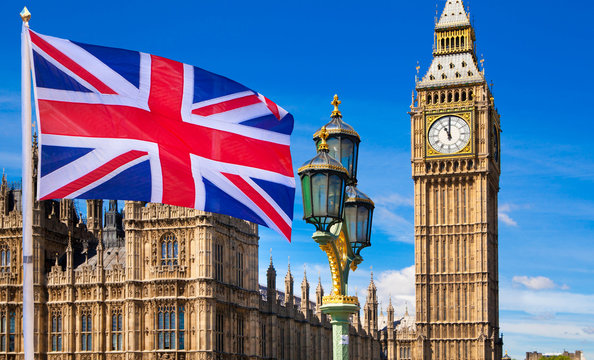Ola Akinwunmi
Britain’s cost-of-living crisis intensified as official data revealed inflation surged to a 15-month high in April, driven by steep hikes in energy and water bills that have left households reeling.
The UK’s annual inflation rate jumped to 3.5% in April, up sharply from 2.6% in March and surpassing economists’ forecasts, according to the Office for National Statistics (ONS). The increase marks the highest level since January 2023, with soaring utility bills and tax adjustments fueling the steepest monthly rise in over a year.
The Consumer Prices Index (CPI) outpaced analysts’ expectations of a 3.3% rise, revealing persistent pressures on household budgets. ONS data highlighted dramatic increases in gas, electricity, and water bills—which surged following regulatory approvals for price hikes—as the primary drivers. Vehicle excise duty rises further contributed to the climb.
Finance Minister Rachel Reeves voiced concern, stating, “I am disappointed with these figures because the cost-of-living pressures are still weighing down on working people.” Her remarks reflect growing political unease as families grapple with the sharpest inflation spike since early 2023.
UK regulators greenlit bill increases for private energy and water providers in April, citing volatile oil and gas markets and the financial strain on debt-laden water companies. ONS acting director Grant Fitzner explained, “Significant increases in household bills caused inflation to climb steeply,” noting that energy costs rose sharply compared to price drops a year earlier. Water and sewerage bills also leapt, compounding the burden.
Analysts attribute part of the spike to a “base effect,” as current energy prices contrast with sharp declines in April 2023. However, relief may be on the horizon: falling global oil prices, triggered by former U.S. President Donald Trump’s recent tariff policies, are expected to lower energy bills starting in July.
While households face immediate strain, economists cautiously predict easing inflation later this year. “Energy costs should retreat this summer, but the damage to consumer confidence is already done,” warned one analyst. The figures have reignited debates over regulatory reforms and support for vulnerable populations, as the government faces mounting pressure to address the crisis.
With inflation at its highest since January 2023 and wage growth lagging, millions of Britons are bracing for a prolonged squeeze on living standards. As political leaders scramble for solutions, the data unveils a stark reality: the path to economic stability remains fraught with challenges.

